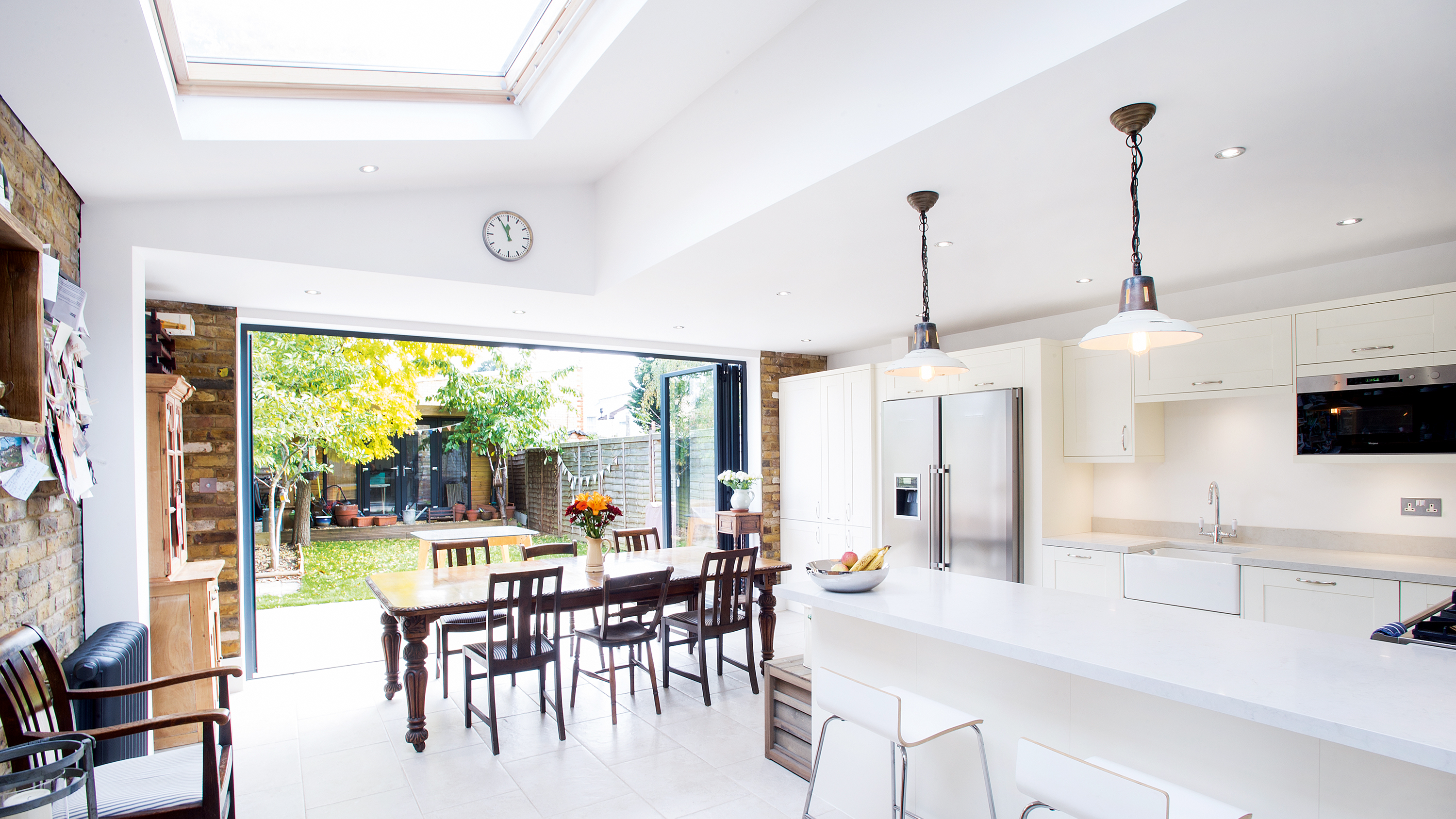

If you're thinking of extending your home, now might be the time to take the leap.
That's because experts are warning of increasing costs after Brexit if skilled foreign workers leave the country. Spokespeople for ConstructionInsure.co.uk said that the building industry is bracing itself for a possible shockwave if European workers choose to leave the UK. More than 120,000 EU migrants work across the UK construction sector, many in skilled positions.
Additionally, building firms might be forced to pay higher insurance premiums after Brexit takes place due to this loss. The costs are likely to be passed on to consumers alongside other cost hikes as builders try to plug skill gaps – so you can expect your home extension project to get pricier.
Mark Herbert, of ConstructionInsure.co.uk, says, “The UK construction industry relies heavily on EU migrants, particularly in London and the South East region. There are more than a quarter of a million migrants employed in UK construction and just under half of these, around 120,000, are from EU countries.
'Many of these EU workers are employed in highly skilled roles and many in the industry are bracing themselves for the possibility of a huge skills' gap if these professionals decide, or are compelled, to quit Britain following Brexit.
'What many in the industry fail to realise though is that such an event would also have huge ramifications for their insurance costs as providers factor in the increased risks such a skills gap' would present.
'This is likely to lead to a significant increase in the premiums construction companies must pay to protect their work. It’s a cost which many may have failed to factor into their Brexit planning, yet it could increase the burden considerably.
Join our newsletter
Get small space home decor ideas, celeb inspiration, DIY tips and more, straight to your inbox!
'These increased costs will ultimately have to be met by consumers although some firms may find it difficult to cover the costs of both increased insurance policies and recruit and train new workers at the same time.
'In some cases, it could even lead to construction sector firms going out of business if they struggle to meet the increased costs.'
The news comes as home improvements like extensions increase in popularity, thanks to high stamp duty rates and house prices driving people to improve rather than move.
Research by the Construction Industry Training Board, IFF Research and the Institute of Employment Research at Warwick University found one third of companies in the construction industry currently employs foreign workers.
In 2015, there were 122,094 construction workers working in Britain but born in other EU states. These represented 45 per cent of UK construction's total 270,653 migrant workers.

Formerly deputy editor of Real Homes magazine, Ellen has been lucky enough to spend most of her working life speaking to real people and writing about real homes, from extended Victorian terraces to modest apartments. She's recently bought her own home and has a special interest in sustainable living and clever storage.